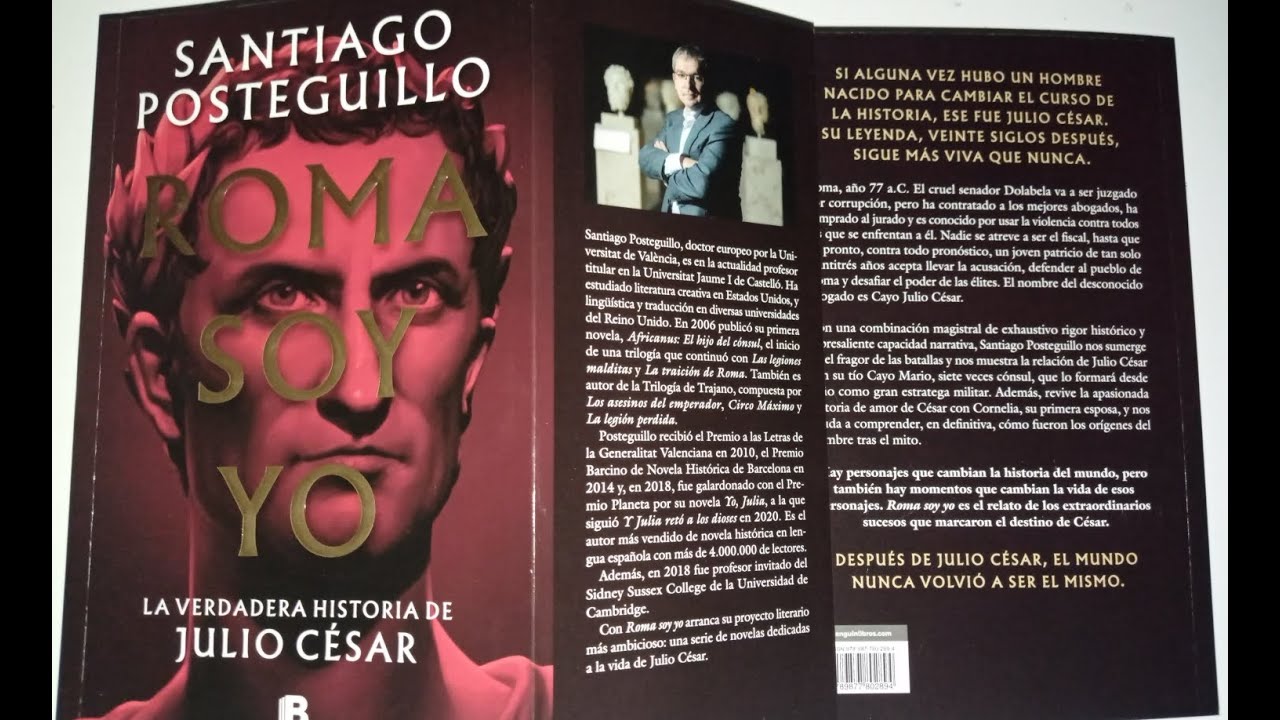Advertisements
Glory, Her latest fiction novel is an intimate, retrospective journey through scenes from the life of a mother holding hands with her son.
Andrés Felipe Solano is a Colombian journalist and novelist. In 2010, Granta magazine, in which he published short stories, chose him as one of the 22 best young storytellers in Spanish. He has also written for The New York Times Magazine, McSweeney's and Gatopardo.
your last book Minimum wage. live without anything He was a finalist for the New Ibero-American Journalism Foundation award. During his stay in the Asian country, he wrote Korea, tightrope notes (2015), which received the Colombian Narrative Library Award. His other publications are save me joe louis (2007), the crow brothers (2013) and neon cemeteries (2017) fiction and The days of fever (2020) non-fiction.
Solano, who has lived in Seoul for almost a decade, came to the Spanish capital to participate in the Matadero Madrid International Literature Festival. Thanks to SextoPiso, El Generacional interviews him at the Hotel de las Letras to learn about the creative process of Glory.
Question: There is a phrase by François Truffaut that says: “cinema is like a train that stops at the most important moments in life”, applied to literature; Why did you choose April 11, 1970 to tell the story of your mother, Glória?
To respond: Choosing was a big problem. I knew my mother's story since I was little. Not in detail, but the story of a young woman who lives alone in New York; It is Ever since I started thinking about being a writer, I knew that one day I would find it.. When I became very clear that I was going to write it in a book, I started talking to my mother, who has a very good memory, and she told me in more detail that year in 1970. In Latin America Sandro is very important; So when I heard about this show, it occurred to me to write about that day. Later, planning the book, I wrote other moments of his life, always focusing on three love stories that had a lot to do with the United States. When trying to put them together, it occurred to me to use this literary motif that is “a day in the life of…”; It was used by great authors such as James Joyce in UlyssesMalcolm Lowry in under the volcano or Virginia Wolf in Mrs Dalloway.
Q: The novels you mentioned multiply the length of GloryAt what point did you make the decision to portray such a complex story in a short novel?
A: I don’t plan my books exhaustively. When I started writing, I felt like it was going to be a short novel because My ambition was not to novelize my mother's entire life, despite the abundance of great events in it.. Maybe if I had dragged it along, I would have been bogged down or stuck writing the book for a long time. It's a story that's been with me forever, once I made the decision to tell it I had to do it as quickly as possible.
Q: Precisely, the novel's narrative is full of anachronies, why did you decide that the reader knows Glória's past and, mainly, Glória's future?
A: When deciding to use “a day in the life of”, I pondered the possibility of a single day condensing all of our days or the possibilities of all of our futures; and I said to myself: I'm going to try to do it, that's why the book has these jumps in time. Furthermore, I tried to reproduce in a day in Gloria's life the way we think. when we do a small part of us is in the present, most of the time we think about the near and distant future or the past, even if it's five minutes ago. In short, we are always like a ball of arcade.
Q: Without getting out of shape, in Glory the free indirect style predominates; Through her son, the reader gets closer to Glória's thoughts and the secondary characters. What value does the fact that it is the son who narrates it and not the protagonist herself, his mother, bring to the novel?
A: A mother knows her child from birth and will know for sure what kind of person he is throughout his life. On the other hand, a son knows very little about his mother's history before he was a son and she was a mother. That's what I was interested in telling. In the first draft I felt that this son appeared more directly to confront his mother, reflect on their relationship and even try to compare it with other literary relationships in books that deal with mothers and children. When I reached this second form, the woman who seemed the object of confrontation became a subject, a character who began to live her own life. In turn, I couldn't even separate myself from the idea that I was the one who decided to tell that story. Thus, the narrator results in a strange game that is announced from the beginning to warn the reader that he is there; but it's also wasted to let the character live his own day.
Q: “How many times have you gone out of your way to answer mine?” and “What would you ask your parents if you could?” they are interventions that appear in the novel; Would you define your creation as a learning process?
A: I'm not sure if I learned what it means to be a good son, but I learned a lot of things from Glória as a person. Just by putting them on paper I could see them for sure. I believe that She, also seeing herself written, understood in a greater dimension what her life was and where it took her.
Q: How do you manage to extract such an introspective exercise from the most everyday processes?
A: I don't know (laughs). I wish I had more clarity to try to do it again. Look, I wrote a book called Korea, tightrope notes and I think that there I had the ability to write everyday moments and, at the same time, give them a poetic meaning. The first draft of Glory I was trying to replicate the diary form of my previous book: fragmentary and confessional in voice. I'm not a great reader of poetry, it was Charles Simic who made me discover the weight of these moments. I think that by telling that day as it could have happened, the style would be flat and the reader would be left with the idea that it was a simple anecdote. of a girl going to a concert.

Q: The reader is drawn to New York City while walking hand in hand with Gloria and the Tiger. In what ways do you explore the movement of cities?
A: I always walked around cities. In fact, the first city I discovered on foot was New York. It's an idea that has been in all my books and that I decided to repeat here. It seemed to me that the way the story could best be developed was while you walk, when you have to deal with a lot of stimuli. Locking the story in a room doesn't allow for time jumps and eliminates risk.
What is more, In literature, the very idea of a walking city has always belonged to men for the safety they feel on the street. Only two works that talk about women walking alone come to mind: fierce attachments by Vivian Gornick and night wanderings by Kim Seung, a Korean writer. Maybe they influenced me.
Q: Do you think that today a Latin American woman walking alone in the city faces the same fears as fifty years ago?
A: I don't think it has changed. More than safety on the streets, I think women's safety has changed. At least some have the confidence to respond to the approach.
Q: Gloria shows how Argentine singer Sandro achieved immeasurable relevance for Latin American women. What values do you think he was able to catalyze through his music?
A: Sandro achieved his fame at a very special time for women. It brings values of freedom with the feminine revolution of the 60s and 70s already underway, with the advent of contraceptives which was a huge achievement, it meant the decision about one's own body. SandroDespite living in a patriarchal society, He was very transgressive and this was demonstrated in his interviews. It was very important that a voice with such an impact made us think about the responsibility of having children and how it is a woman's own decision.
Q: How have you combatted the generation gap that so often disrupts mother-son relationships?
A: It's interesting that you mention that. First, this gap was reduced when I also moved to New York in my twenties. Her emigration at such a young age was what motivated me to emigrate and quickly understand what she experienced in the 70s. By comparing the two young people I was able to bring them closer together. In our twenties, we can all experience the same type of sensations, regardless of our originwe share the same expectation, anxiety, euphoria, ambition…
Q: Finally, some advice for future writers and journalists…
A: Read everything you can. It seems obvious, but sometimes it gets lost in this swamp of everyone wanting to give their opinion immediately. I have a feeling that there are some young writers who now think more about writing than about reading. I always thought more about reading than writing. You have to read everything you can, reading is the most powerful drug to open your mind.



